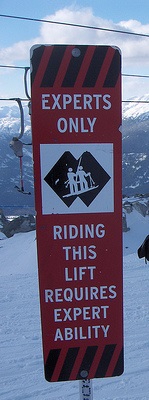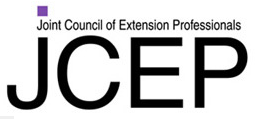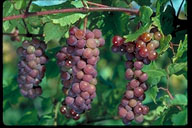Let’s talk about public value in Washington, DC
Next week I will be in Washington, DC, presenting on Extension’s public value at two venues. If you will be attending either of these meetings, I hope you will share your experiences with documenting public value impacts.
First, on Tuesday, August 6, I will be on a panel at the Agricultural and Applied Economics Association (AAEA) Annual Conference at the Marriott Wardman Park. The session, “Creating and Documenting Extension Programs with Public-Value Level Impacts,” is intended as a resource for AAEA members in their first few years of a partial or full Extension appointment at the university level. In addition to my presentation, “Tell Us About Your Extension Program’s Public-Value Level Impacts,” the panel features Kynda Curtis of Utah State University and Jo Ann Warner of Washington State University Extension. The panel is moderated by my UM colleague, Elton Mykerezi. Ours is concurrent session 2003 from 9:30 to 11:00.Second, on Wednesday, August 6, I will meet at the Association of Public and Land Grant Universities (APLU) offices with the Measuring Excellence in Extension Implementation Team. I’ll be presenting on how to effectively incorporate public value into impact statements.
At both of these meetings, I’ll be eager to hear about public value work and impact analysis taking place across the country.




